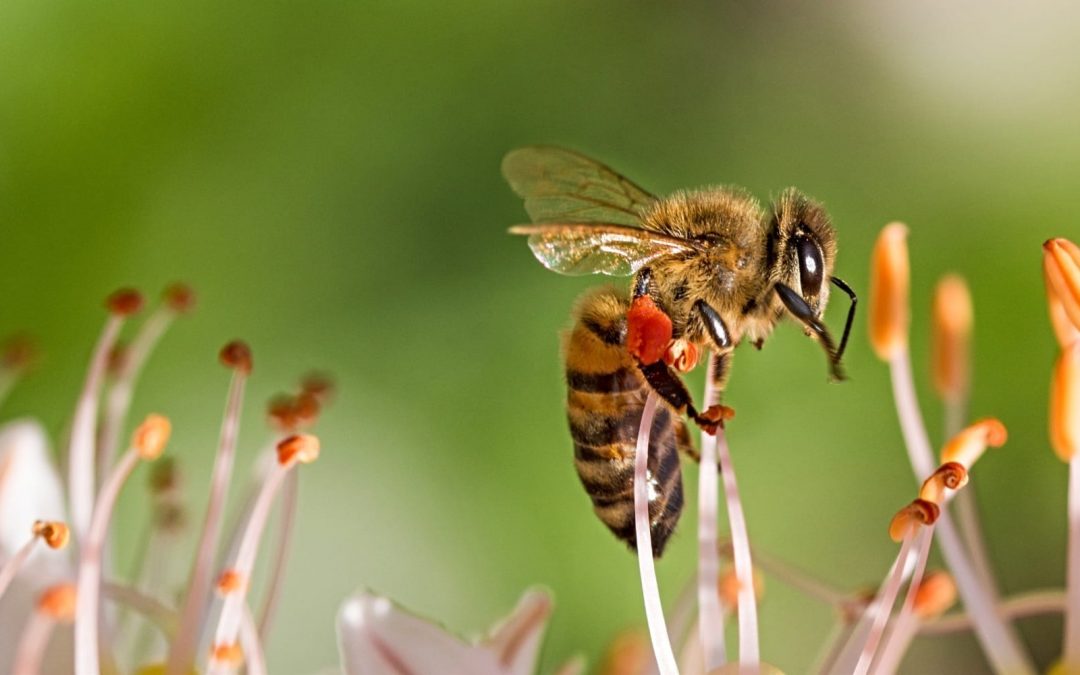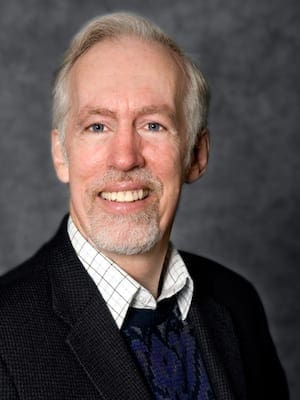When I was a boy in Kentucky, a drive on a summer evening would load up the windshield and the grille of our car with the sticky remains of deceased insects.
Every porchlight was surrounded from dusk to dawn with a living halo of moths and June bugs.
Children staying up late in summer to play outside were peppered with mosquito bites, and parents yelled at their kids, “Close the door, you´re letting in the flies!”
Have you noticed any change?
Recently, the increasingly urgent warnings about the decline of honeybees – our chief commercial pollinators in North America – have been joined by ominous stories about the “Insect Apocalypse“ and “Insect Collapse,” recounting 90 percent declines in insects collected in pristine natural areas in Europe and an eerily still and silent rainforest in Puerto Rico.
Worrying about insects in a world full of starving children, climate refugees and asylum seekers fleeing genocidal regimes and gang-ruled Central American cities may seem just too precious. But hear me out.
I have been a participant in a growing chorus of Christian theologians and ethicists doing “green theology” in recent years.
Many of them have explicitly – and correctly, in my view – connected the plight of the earth with the plight of the poor, who typically contribute the least to the unraveling of earth’s web of life and are most immediately vulnerable to the effects of this unraveling.
Consider Leonardo Boff´s “Ecology: Cry of the Earth, Cry of the Poor,” or “A Climate for Change” by the evangelical climate scientist at Texas Tech University, Katherine Hayhoe.
“Green” theologians in the Christian tradition have typically urged people of faith to move beyond an “instrumental” concern for the global environment – “We need to take care of it for our own good.” – to what I call a “theocentric” position – that we should love, cherish and care for all that God loves and cherishes.
And when we read the Bible through theocentric lenses, we find that Scripture is full of exuberant references to a menagerie of God´s creatures, often deployed on dramatic stages of meteorological phenomena, and all praising God in their own way and in their own voices. See Job 38-41 and Psalm 104, among myriad examples.
But, depending on the versions that we consult, modern language translations of the Bible have barely 100 references, total, to insects and other invertebrates, and most of them are negative. Think ravening locusts and devouring worms and maggots.
Likewise, secular environmental writing and campaigns tend to focus on large, charismatic creatures – elephants, polar bears, humpback whales – or beautiful, harmless creatures like koala bears or the rare insect superstar, the endangered monarch butterfly.
Think about this: As we decimate insect populations, we are literally unraveling the global ecosystem from the bottom up.
As the mosquito – that annoying creature maligned as a vector of disease – goes, so go the bats, the chimney swifts and the frogs. As the bee goes, so go the orchards and the fields of flowers, both natural and cultivated.
And in this line of thought, I have not even mentioned nematodes, enchytraeidae, earthworms, springtails and other invertebrates, which along with the fungi, bacteria and other microorganisms that share their habitat, make the soil under our feet more than sterile mineral deposits.
What is to be done?
For a start, we can:
- Endeavor to see, truly see, with God´s eyes and feel with God´s heart.
- Refrain in our households and institutions from flooding the earth´s air, land and water with poisons that spread death far beyond their intended targets and show up in the flesh of our own children and grandchildren, even in utero.
- Vote with our dollars for produce grown with organic pest control and sustainable soil care practices.
- Create sustainable, chemical free environments around our homes and in our agricultural landscapes.
We who love God and love God’s creation – all of it! – for its own sake will, in the long run, do best by the human family.
Adjunct professor of theology at Palmer Seminary in St. Davids, Pennsylvania. He served previously as senior pastor of First Baptist Church in Portland, Oregon, and as professor of theology and ethics at Central Baptist Theological Seminary. Wheeler appeared in the EthicsDaily.com documentary, “Sacred Texts, Social Duty.”


